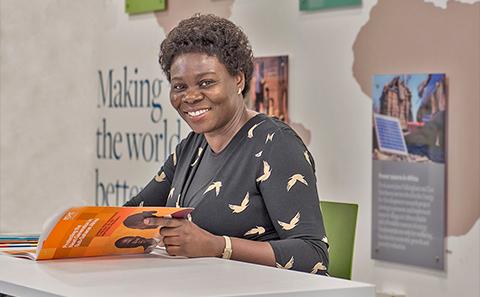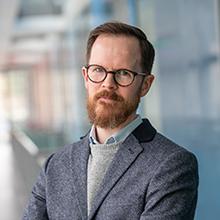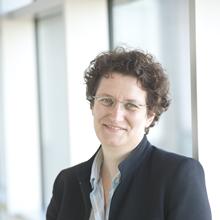Challenging population perceptions
Understanding the facts about population change
A ballooning world population, projected to hit 10 billion around the middle of this century, is raising public concerns. But is there any evidence to suggest these fears are valid, or could unprecedented growth mark an opportunity to prepare for the future of the human race?
Dr Ian Dawson – Managing global concerns
Dr Ian Dawson, of Southampton Business School’s Centre for Risk Research, is one of our researchers tackling this issue. Using measures including knowledge and willingness to adopt precautionary behaviours, Ian is exploring the extent of public fear concerning the potential impact of global population increase.
Notably, the study found those who believed growth could pose a high level of risk were the most likely to embrace mitigation behaviours and support preventative actions. According to Dr Dawson, this suggests higher concern about the potential risks of population growth could prompt behavioural changes that help humanity better manage some of the challenges it presents.
Ecological damage and resource shortages
The research also revealed that a significant number of the younger respondents perceived global population growth to pose a high risk, and were also the most willing to adopt mitigation actions. Additionally, around half of respondents believe global governments are in the best position to influence global population levels, with most agreeing not enough is being done to tackle the problem.
It could be argued that there is a need for policymakers to take greater steps towards openly discussing global population growth and to make greater efforts to gauge and respond to the public’s related concerns.
Dr Dawson suggests open discussions about global population growth could help people better understand its potential effects, while also enabling governments to use concern among the young as humanity works collectively towards a proportionate response.
Professor Jane Falkingham – Making room for opportunity
According to Professor Jane Falkingham, Dean of Faculty, Social Sciences, rapid population growth is the result of advancements in nutrition, medicine and education. “As more children survive to adulthood, and with economic and social development altering the economic costs and benefits of children, societies and individuals around the world have adapted their behaviour to have fewer children,” she explains. However, Jane has suggested that the connection between growing population and diminishing resources is not as straightforward.
Population and resources
According to the UN, around half of all food produced for human consumption is wasted; in developed countries 50 per cent of food is discarded after purchase, while in developing countries 50 per cent of food is lost prior to purchase due to pests and poor storage. Thus, we already grow enough food to nourish at least 10 billion people. Sadly, this does not prevent one billion people overeating, one billion going hungry and another one billion suffering from malnourishment.
However, Jane argues that the rising population provides global governments with the perfect opportunity to tackle these issues, and could even help prepare for future generations who are forced to cope with an even larger population.
“Having a population of 10 billion is a challenge, but it is a challenge that we all will have to rise to,” Jane explains. “[We] have to address the way we distribute and consume resources.”
It is all about human behaviours; less about the size of the population, and more about how we live together.
More information on Ian's research
More information on Jane's research
You may also be interested in:

Global challenges in maternal health
Improving maternal health in the world's poorest countries.

Improving lives worldwide
Supporting the UN Sustainable Development Goals to improve lives around the globe.

Adapting to future energy demands
Delivering energy smarter, locally and globally.

